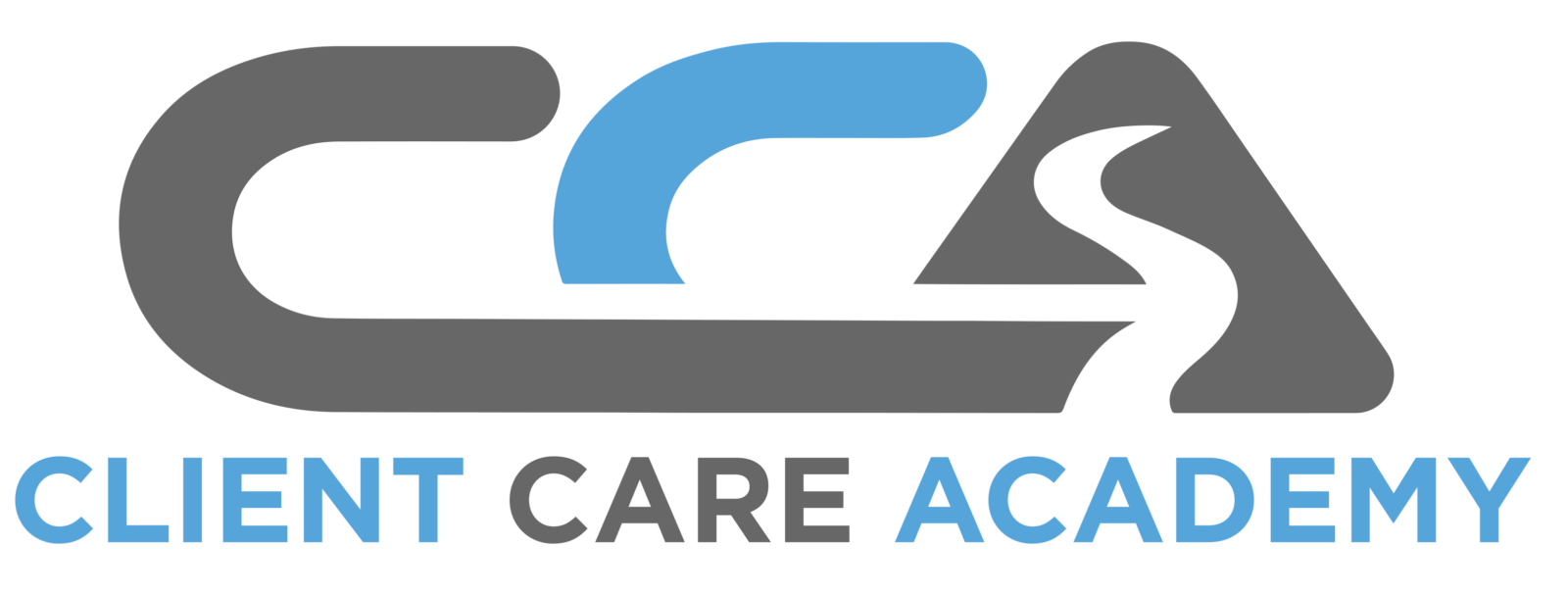The internet is a wonderful resource, but in the world of law, it becomes a double-edged sword. Clients are simultaneously more educated and educated to a point where they feel they need an expert less and less. Some even decide to become do-it-yourselfers with online tools.
Clients are overloaded with information about estate planning when they do a Google search. Let’s pretend to be a client doing one of these searches:
I am doing some preliminary research, so I click on the Wikipedia entry. When I scroll down to the devices section, the first device is “Wills”, which are described as “the simplest device for planning the distribution of an estate” (Wikipedia). Upon reading the word “simplest”, I stop reading because my life is insanely busy; the word simple is paramount. Maybe I do happen to push past the saving grace word of simple and read on about trusts. I instantly feel like I am taking a sip from a firehose – talk about information overload about different trust options!
Ultimately, what the majority of resources that clients will come across have in common is a focus on documents. You need to get this drafted, sign that, and consider updating this at some point, but it is up to you to understand it.
Lawyers themselves have also been programmed to focus on document drafting, since law school, it has been drilled in our heads to draft documents precisely and use exact language. When we meet with clients who have prepared themselves in advance by Googling or from talking with their buddy who said they have a will and are all set, the meeting instantly becomes centered around documents.
Yet, this document focus is an outdated approach to estate planning. Estate planning encompasses more than that, it is about taking care of families when the client becomes incapacitated and when they die. In order to do so, as attorneys, it is our duty to break through the information overload and to resist the urge to give into our document focused training and change the conversation.
The conversation needs to center around what clients actually want: to have their families taken care of at death or incapacity. The Catch-22 being, clients typically will think the solution is documents and that estate planning is a transaction. The solution is not that simple. As attorneys, we need to go on a journey with clients to help them discover what taking care of their family after their death means to them beyond establishing a will, trust, etc., and to establish an ongoing relationship with them so that the changes in assets, their lives, the law and their families are captured in their ever changing estate plan.
Enter Client Care Academy. Join us this fall to learn about how you can steer the conversation from documents and a transaction to creating a holistic planning process that you and clients work together continually to update so you can provide value clients never imagined.
Take care of families, gain recurring revenue for your firm, establish relationships not transactions with clients, be paid for value you provide, and continuously increase the value of your firm. Sign up for Client Care Academy today by contacting our Program Coordinator, Megan Davitt!




